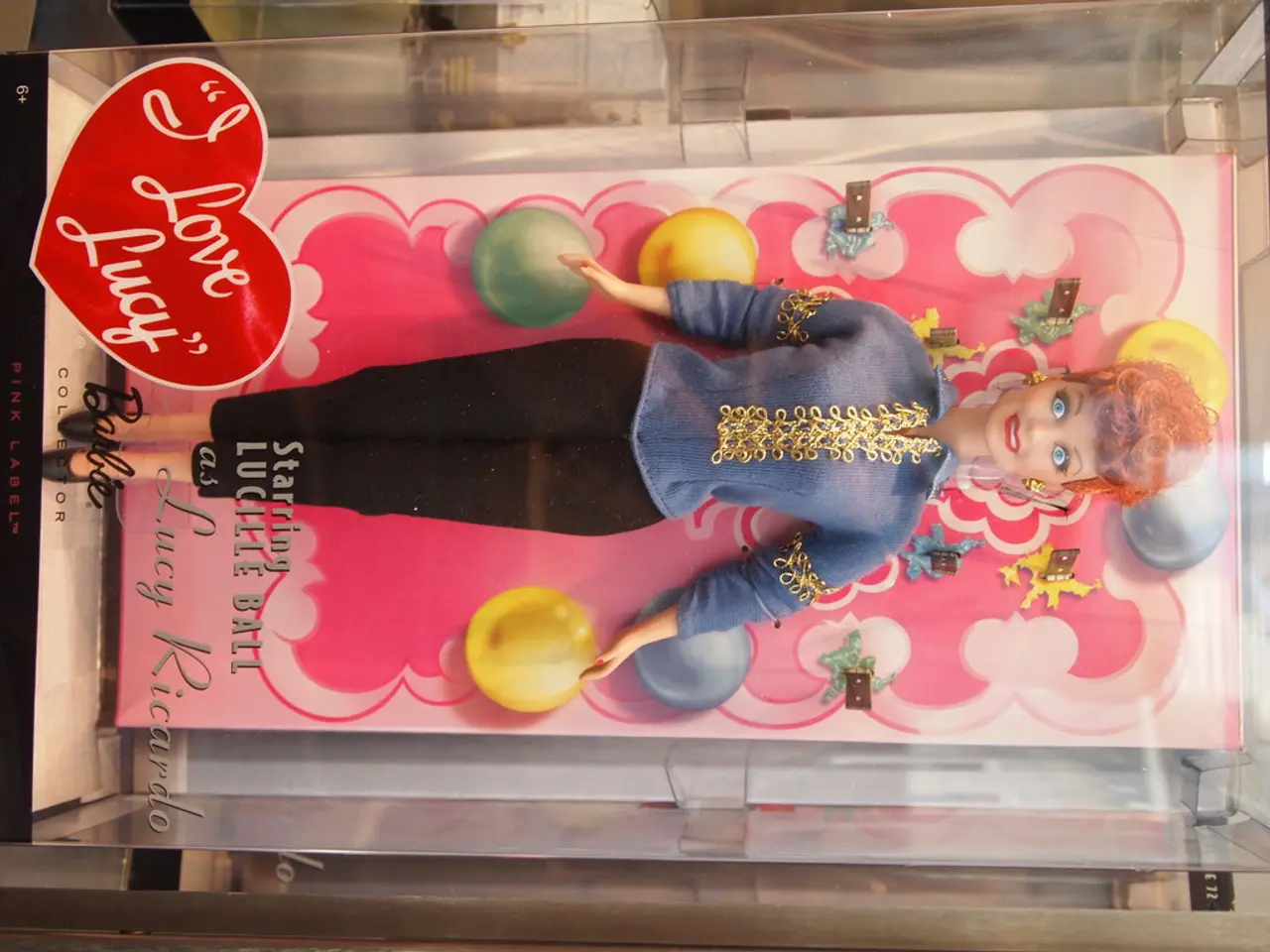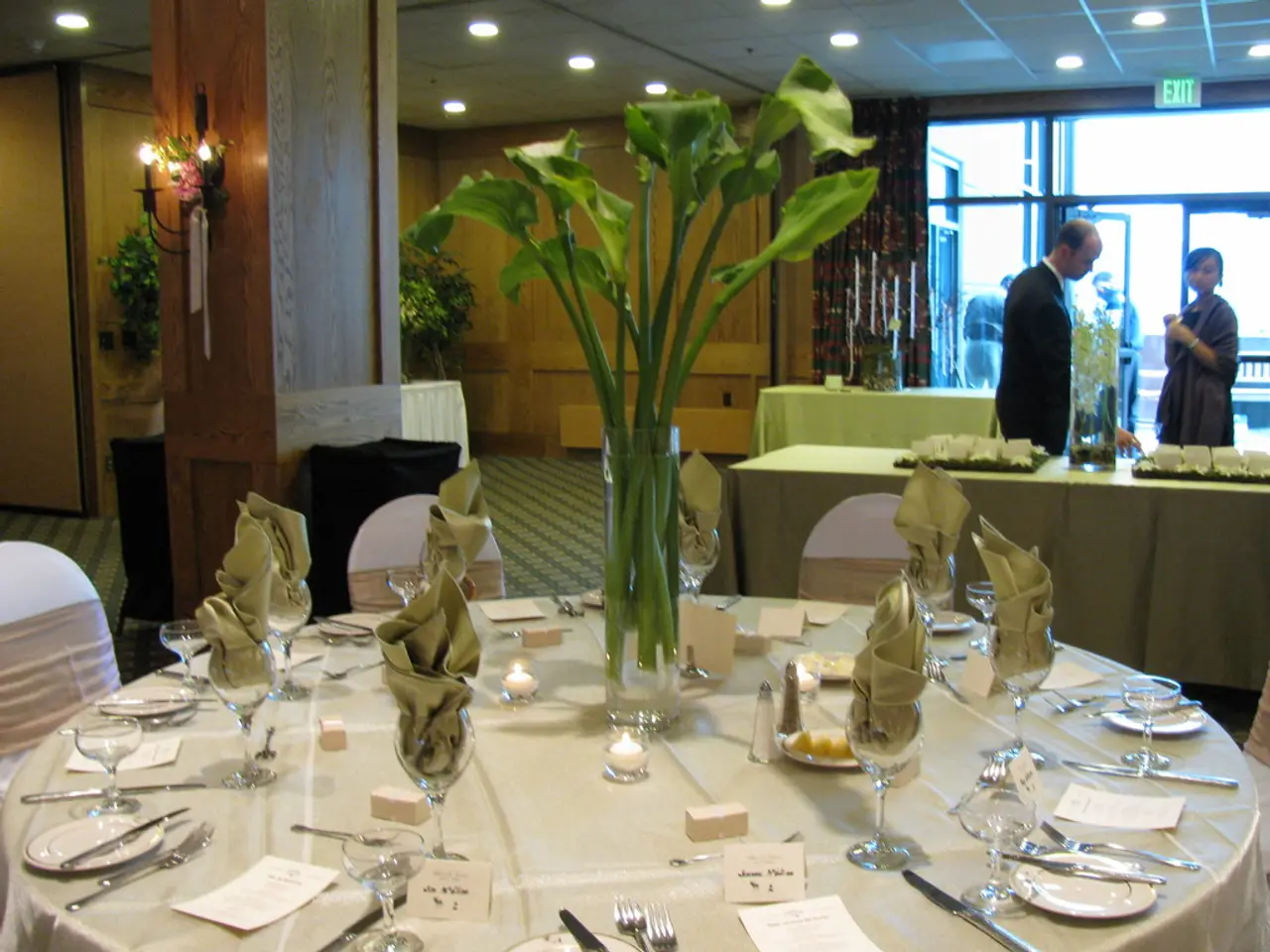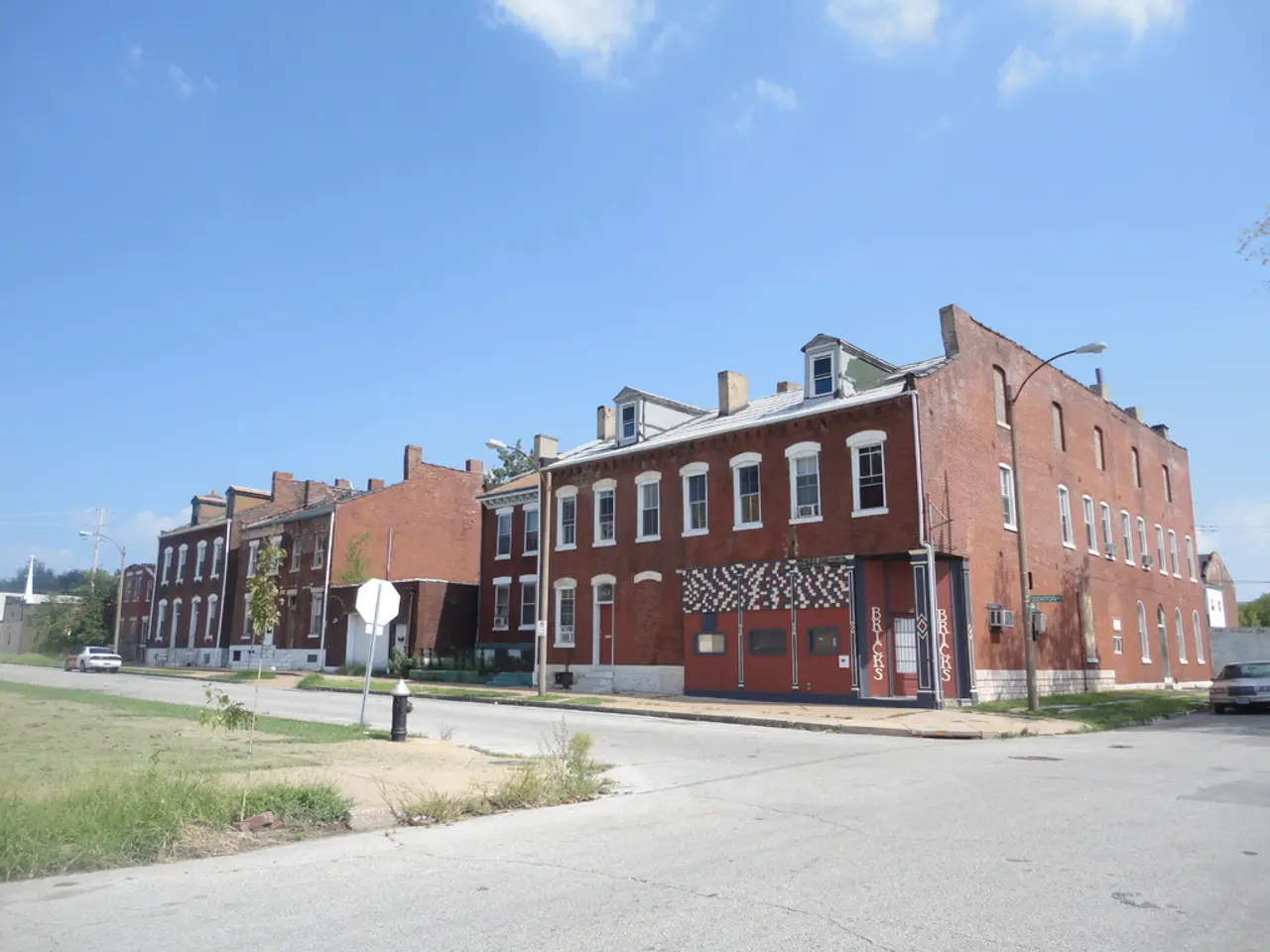The demise of maverick director Robert Wilson.
Robert Wilson: A Visionary Artist Whose Unique Theatrical Style Echoed Childhood Challenges
Robert Wilson, the groundbreaking director and visionary artist, passed away at the age of 83 in his home in Water Mill, New York. His death was confirmed by Chris Green, president of the Robert Wilson Arts Foundation, following a brief, severe illness.
Born in Waco, Texas, in 1941, Wilson had a challenging childhood that significantly influenced his artistic career. He grew up as a shy, stuttering outsider, struggling with a neurological speech disorder that steered him away from vocal or musical training and towards visual and spatial arts.
After graduating from high school, Wilson studied law, but soon switched to architecture and art, and moved to New York. Here, he found a mentor in Byrd Hoffman, a dance therapist and ballet teacher, who taught him to take in environmental impressions thoughtfully and to take his time when speaking. This approach would later be reflected in Wilson's mostly abstract, minimalist yet touching picture theater, which worked with impressive light effects and was always meticulously choreographed.
In the late 1960s, Wilson founded the experimental theater group "Byrd Hoffman School of Byrds". His work gained international acclaim, with his first success outside America being the performance of the seven-hour silent opera "Deafman Glance" in Paris in 1971. Wilson is most famous for his five-hour staging of the opera "Einstein on the Beach" with Philip Glass, a groundbreaking production that cemented his reputation as a master of alienating naturalness, disturbing and captivating his audience with ritual slowness and mysterious image flow.
Wilson's preference for associative picture theater was often linked to his childhood language and behavioral disorder. He found more understanding and appreciation for his art in Europe than in his American homeland. For many, he was a master of alienating naturalness, disturbing and captivating his audience with ritual slowness and mysterious image flow.
Throughout his career, Wilson collaborated with numerous renowned figures such as Heiner Müller, William S. Burroughs, Allen Ginsberg, Tom Waits, Herbert Gronemeyer, Marina Abramovic, and Philip Glass. His work spanned across various mediums, including theater, opera, and visual arts, and he staged plays and operas on the world's most renowned stages.
In 1992, Wilson founded the art foundation and idea factory "Watermill Center" on Long Island, which continues to serve as an interdisciplinary arts laboratory. Wilson received several awards, including the Order of Merit of the Federal Republic of Germany, in recognition of his significant contributions to the arts.
Wilson's life was not without tragedy. He attempted suicide after coming out as gay and facing his father's wrath. His father, a conservative lawyer, had little understanding for him, and his mother was cold and distant. However, Wilson found solace and understanding in his relationships and his art, which he continued to create and innovate until his passing.
Wilson's work will continue to inspire future generations of artists, as he leaves behind a legacy of groundbreaking, thought-provoking, and visually stunning productions that challenge and captivate audiences around the world.
The unique, abstract theatrical style of Robert Wilson, influenced by his challenging childhood, often showcased an association between his language and behavioral disorder, offering a distinct form of entertainment.
Robert Wilson's work, characterized by its alienating naturalness, ritual slowness, and mysterious image flow, captivated both audiences and renowned collaborators like Philip Glass and Heiner Müller, offering a captivating form of entertainment.








